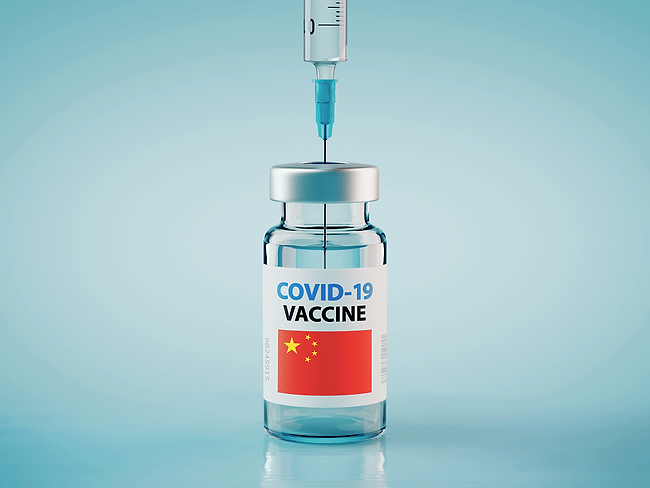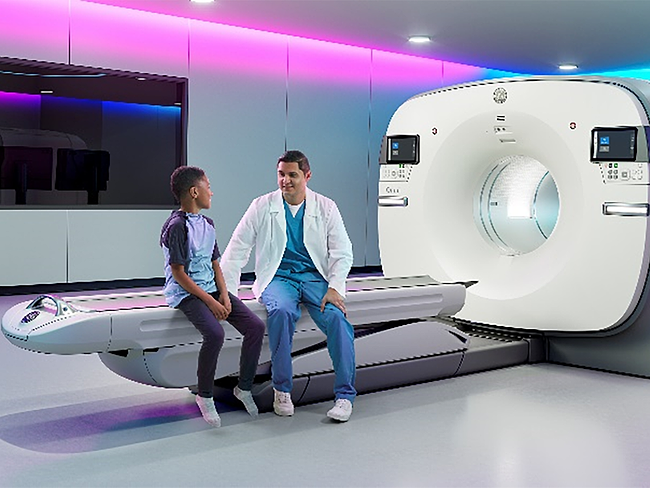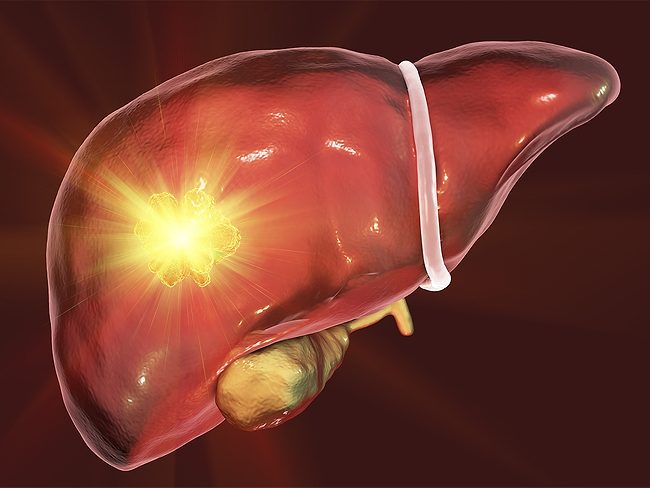
U.S.
2022 Medtech Conference
US Senate seen as more likely than House to push for quick passage of VALID Act
Read More2022 Medtech Conference
Recent case law suggests a need to take care in use of consultant physicians
Read MoreDrug Design, Drug Delivery & Technologies






